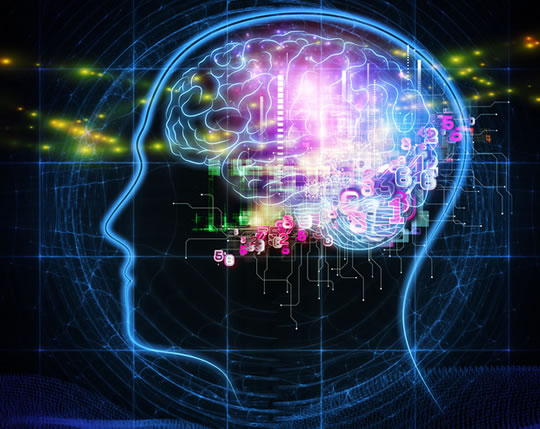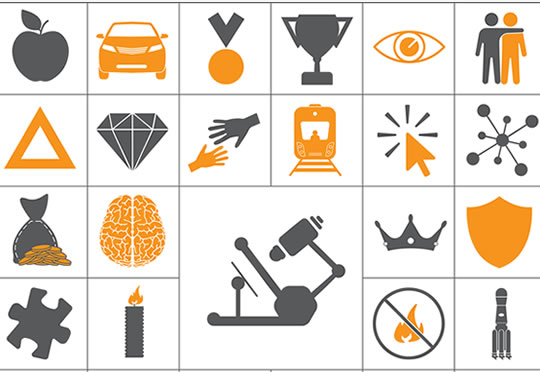Simply remembering everything that happens to us is not the point of memory.
Forgetting is the key to having a useful memory, a new psychology paper argues.
Simply remembering everything that happens to us is not the point of memory.
Our memories should help to guide us in making intelligent decisions in the situations we find ourselves.
Dr Blake Richards, one of the study’s authors, said:
“It’s important that the brain forgets irrelevant details and instead focuses on the stuff that’s going to help make decisions in the real world.”
In fact, the brain works hard to forget the right things, said Dr Richards:
“We find plenty of evidence from recent research that there are mechanisms that promote memory loss, and that these are distinct from those involved in storing information.”
The brain forgets by weakening the connections between synapses and through the creation of new neurons.
New neurons ‘delete’ old memories as they create new networks that overwrite what was stored there.
This may help explain why children forget so much: they are producing so many new neurons in the hippocampus.
The process of forgetting is beneficial because it helps us dump outdated or useless information, said Dr Richards:
“If you’re trying to navigate the world and your brain is constantly bringing up multiple conflicting memories, that makes it harder for you to make an informed decision.”
Forgetting also helps us to generalise old information to new situations.
In other words, we get the gist but forget the details and use this to inform future decisions.
What we remember and what we forget comes down partly to the environment we are in.
Dr Richards said:
“One of the things that distinguishes an environment where you’re going to want to remember stuff versus an environment where you want to forget stuff is this question of how consistent the environment is and how likely things are to come back into your life.”
The study was published in the journal Neuron (Richards & Frankland, 2017).








